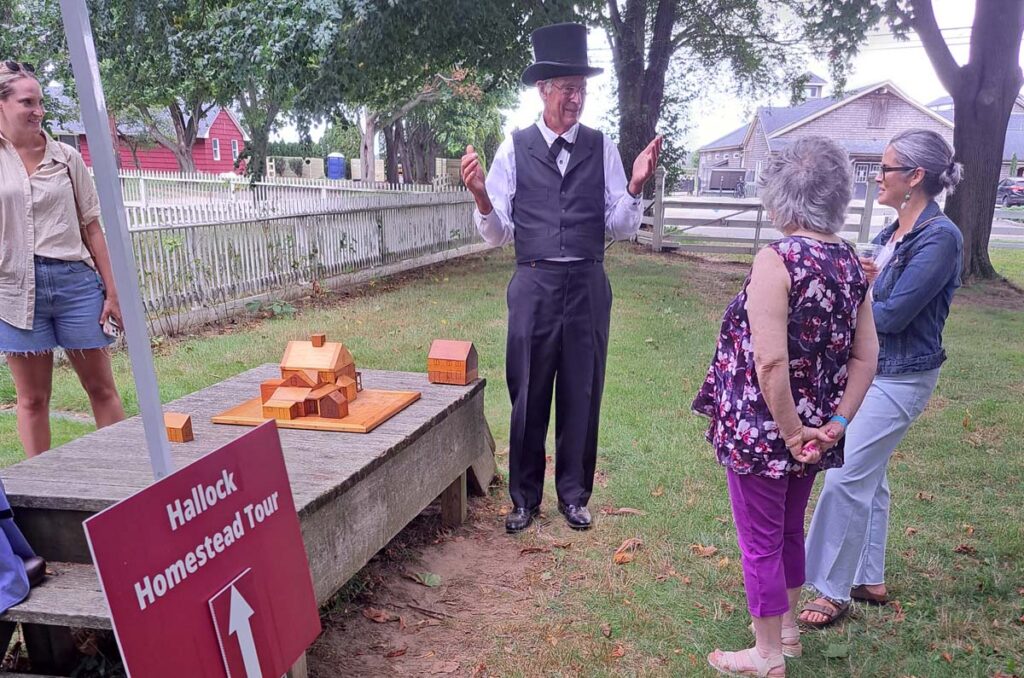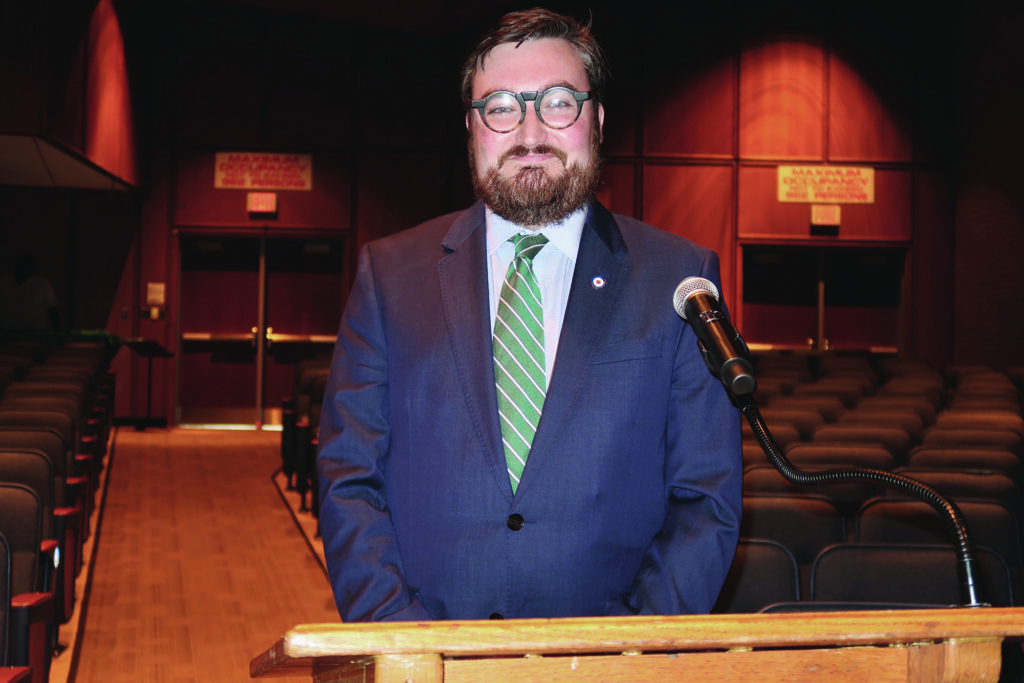Pandemic alters road ahead for update to town’s master plan

The Riverhead Town Board held a “kickoff” meeting Thursday on its plans to update its master plan for the first time since 2003.
But the big question seems to be how to proceed in the age of the COVID-19 pandemic, which has led to large gatherings being prohibited by the state and many governmental and other meetings are conducted virtually over computer applications such as Zoom.
In addition to affecting how the study will be done, COVID-19 itself also must be studied, officials said.
“The COVID-19 pandemic has affected our lives and how we work, and now it will affect how we plan at the local level,” said Lorianne DeFalco of AKRF, the consulting firm leading master plan update.
Ms. DeFalco will be the project manager.
The town hired AKRF in 2019 for $675,000, of which $400,000 is being paid for with a Community Benefit Fund provided by sPower Solar as a condition of their approval of its Calverton solar farm.
“The pandemic has resulted in shifts of population and employment, as more people are working from home, it’s led to summer residents deciding to stay in Riverhead, it’s resulted in shifts in commuter patterns, and it has resulted in retail stores closing and offices downsizing,” Ms. DeFalco said.
“All of these are things we will be exploring.”
Jeff Murphree, the town’s building and planning administrator, said that if the master plan, also called a comprehensive plan, were started in March as was initially planned, officials would probably have to redo parts to account for some of the issues that have arisen since, such as COVID-19, sea level rise and social justice issues.
The comprehensive plan is required by state law, which requires all land use regulation to be in accordance with an adopted master plan. Officials say this update should take about a year and a half to complete and will guide the future of the town from the next 10 to 20 years.
Other issues to be studied in the plan are the future of the Enterprise Park at Calverton, farmland preservation, vacant retail buildings on Route 58 and what to do with those buildings; downtown revitalization, traffic and transportation, housing, and renewable energy, among other issues.
While officials want to get public input for the master plan, they also worry about how to do so in light of state regulations banning large gatherings.
“I don’t think we could ever do what we did with the Pattern Book now,” Mr. Murphree said, referring to another downtown study which drew more than 100 people to a public input meeting prior to COVID-19.
The governor has prohibited large public gatherings and many residents are afraid to attend them.
“So the question is whether it’s going to be live or virtual or a combination?” Mr. Murphree said. “We definitely want the public input, but we want to be respectful of the fact that we’ve got a pandemic going on. This is new territory for us.”
Councilwoman Catherine Kent said it’s important for the community to weigh in.
Bob White of AKRF also said face-to-face interaction with members of the public would be important at some point during the process.
“But virtual is what we need to do now to protect ourselves and others and to keep the process going,” he said. “But if I didn’t say hello to somebody, I would feel like I wasn’t doing my job.”
He said hopefully conditions will improve over the 15 months of the study.
Ms. Kent said the second survey in the Pattern Book drew fewer responses than the first one, but it took place toward the beginning of the pandemic.
Supervisor Yvette Aguiar was not present at Thursday’s meeting, due to a scheduling conflict, but submitted a letter.
“The massive undertaking of updating our town’s land use and zoning maps, which formally begins today, aims to maintain everything we love about this town and its various hamlets,” she said.
Ms. Aguiar said that for the process to be successful, “we will need input from you, our residents, through public forums, including stakeholder meetings and work shops.”








